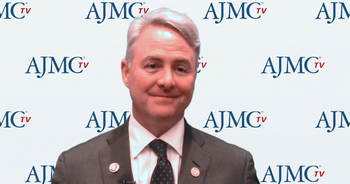
While the physician shortage is having an impact in rural areas, the impact of physician burnout is happening across the board, said Jeff Patton, MD, chief executive officer of Tennessee Oncology.

While the physician shortage is having an impact in rural areas, the impact of physician burnout is happening across the board, said Jeff Patton, MD, chief executive officer of Tennessee Oncology.
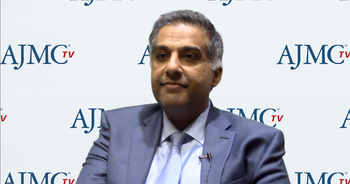
Part of the challenge has been the distribution of cost structure under the Oncology Care Model (OCM), particularly with respect to pharmaceuticals, explained Basit Chaudhry, MD, PhD, founder of Tuple Health.
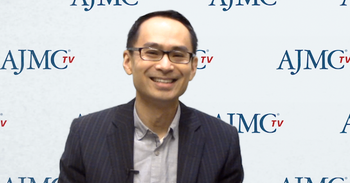
Real-world data offers a glimpse into what happens to patients treated by real-world doctors under real-world circumstances, explained C.K. Wang, MD, senior medical director, COTA.
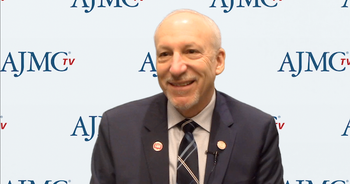
The breast cancer community is very excited about the approval of atezolimuab for the treatment of triple-negative breast cancer, explained Lee Schwartzberg, MD, FACP, executive director, West Cancer Center.
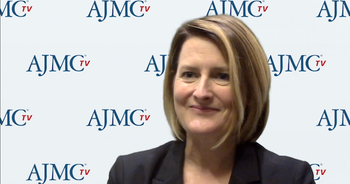
The guidances released by the FDA to expand inclusion criteria for cancer clinical trials is a step in the right direction, said Katie Goodman, RN, BSN, CCRP, director of clinical research, Florida Cancer Specialists & Research Institute.
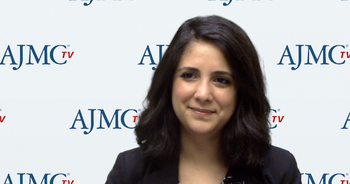
Xarzio currently has the majority of the market share for filgrastim products, explained Sonia T. Oskouei, PharmD, director, Pharmacy Program Development for Biosimilars, Premier Inc.

Jeff Patton, MD, chief executive officer of Tennessee Oncology, discusses results from Oncology Care Model (OCM) performance period 3 (PP3) and challenges his practice still experiences with the model.
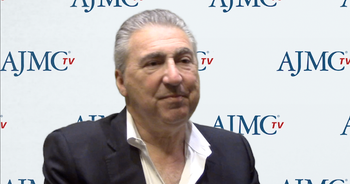
Jeffrey A. Scott, MD, chief medical officer, Integra Connect, discusses how pharma can help community oncologists understand the value of novel and expensive therapies.

Results from performance period 3 (PP3) were somewhat concerning because the amount of practices that achieved a shared savings stayed stable from PP2, explained Basit Chaudhry, MD, PhD, founder of Tuple Health.

Step therapy, which requires that patients try the payer’s preferred treatment before the one a physician recommends, is harmful to both sides of the doctor-patient relationship, according to Lee B. Schwartzberg, MD, medical director of the West Cancer and Research Institute, who spoke at the 2019 Community Oncology Conference, held in Orlando, Florida.

Healthcare experts may agree the shift from volume to value is well under way, but the definition of value has many answers, according to pharmaceutical company representatives discussing the issue at the 2019 Community Oncology Conference in Orlando, Florida.

C.K. Wang, MD, senior medical director, COTA, explains how COTA's real-world data platform can benefit payers.

As the technology improves, we’re going to see liquid biopsies used in multiple different cancers, explained Lee Schwartzberg, MD, FACP, executive director, West Cancer Center.
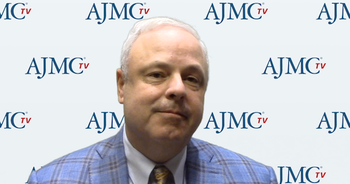
Howard A. "Skip" Burris, III, MD, FACP, FASCO, president, clinical operations, and chief medical officer of Sarah Cannon Research Institute, discusses what's needed from a policy perspective to ensure access to next-generation sequencing (NGS) tests.

Patients won't participate in a clinical trial if it's too much of a burden, so we have to bring the trials to where the patients live, explained Katie Goodman, RN, BSN, CCRP, director of clinical research, Florida Cancer Specialists & Research Institute.

At the Community Oncology Alliance's 2019 Community Oncology Conference in Orlando, Florida, a panel discussed strategies for practices to collaborate and survive the recent wave of consolidation. Targeting employers is one solution.

The first day of the 2019 Community Oncology Conference, the major annual meeting of the Community Oncology Alliance (COA), featured an update on its effort to find alternatives to CMS' Oncology Care Model.

To speak about the success and continued development of Priority Health's payment reform model in cancer care, John Fox, MD, medical director at Priority Health, joined Dennis Zoet, chief business development officer at Cancer and Hematology Centers of Western Michigan, on a panel at the Community Oncology Alliance Payer Exchange Summit.
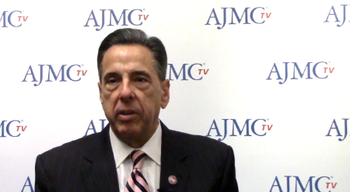
I’ve seen one case recently where a patient received $172,000 of drugs that were totally wasted. So, we’re going to be looking at this, we’re going to be looking at these middlemen getting in the way of the patient and the physician making a decision about their therapy, explained Ted Okon, executive director of COA.
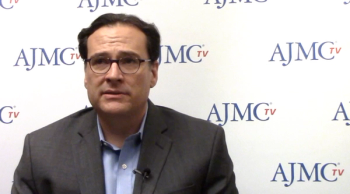
Looking at total cost of care is difficult and figuring out what the practice is responsible for and not responsible for can be very difficult to do, said Lalan Wilfong, MD, executive vice president of Quality Programs at Texas Oncology.
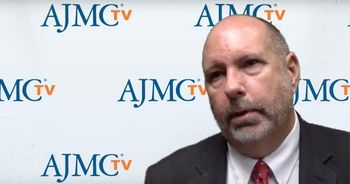
A patient has their own set of values, providers have their own set of values, and the people that pay for it have their own set of values. So, [we all need to] come together, explains Bo Gamble, Director Of Strategic Practice Initiatives at the Community Oncology Alliance.

At the Community Oncology Alliance Payer Exchange Summit, healthcare policy experts from a government relations firm and from the pharmaceutical industry provided an update on the progress with value-based agreements and also discussed the challenges posed by the existing infrastructure and operational framework.
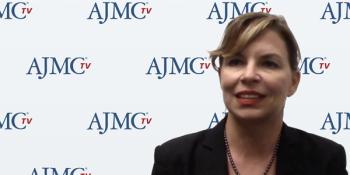
I’m not quite certain that the system is equipped to provide a comfort level for clinicians that they’re ready to take on two-sided risk, explained Lyn Fitzgerald, senior vice president, US & Global Development at the National Comprehensive Cancer Network (NCCN).
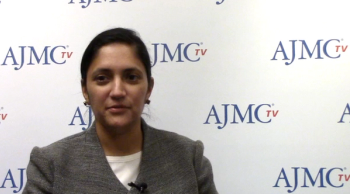
We've noticed that all of these transformation activities– care transformation, quality improvement, are all actually working, explained Kavita Patel, MD, MS, non-resident senior fellow at the Brookings Institution.

"The cost of cancer care is rising dramatically," said Lalan Wilfong, MD, executive vice president of quality programs at Texas Oncology.

The Community Oncology Alliance (COA) has been working with its member practices and some payer partners who have successfully implemented innovative care delivery and payment models to develop a 2.0 version of CMS’ Oncology Care Model (OCM). A progress report was presented at COA’s Payer Exchange Summit held October 29-30 in Tyson’s Corner, Virginia.

While practice transformation is vital, community-based clinics continue to struggle with emergency department (ED) use, hospitalization, and risk stratification as they identify ways to reduce unnecessary expenditures within their Oncology Care Model (OCM) practice.

Healthcare is experiencing something fundamentally different with nontraditional mergers across industries, explained Ted Okon, executive director of COA, at the 2018 Community Oncology Conference.

There are 3 legislative priorities for the Community Oncology Alliance (COA) that keep the focus on the patient and ensure better care, explained Ted Okon, executive director of COA, at the 2018 Community Oncology Conference.

Ray Page, DO, PhD, president and director of research at The Center for Cancer and Blood Disorders and chair-elect of the American Society of Clinical Oncology’s (ASCO) Clinical Practice Committee discusses the first results of the Oncology Care Model (OCM) and ASCO’s top legislative priorities.

259 Prospect Plains Rd, Bldg H
Cranbury, NJ 08512
© 2025 MJH Life Sciences®
All rights reserved.
